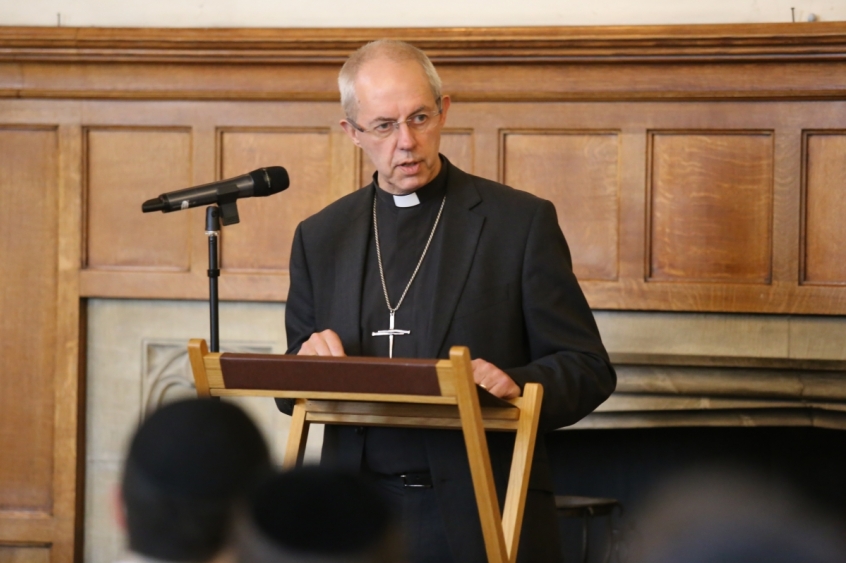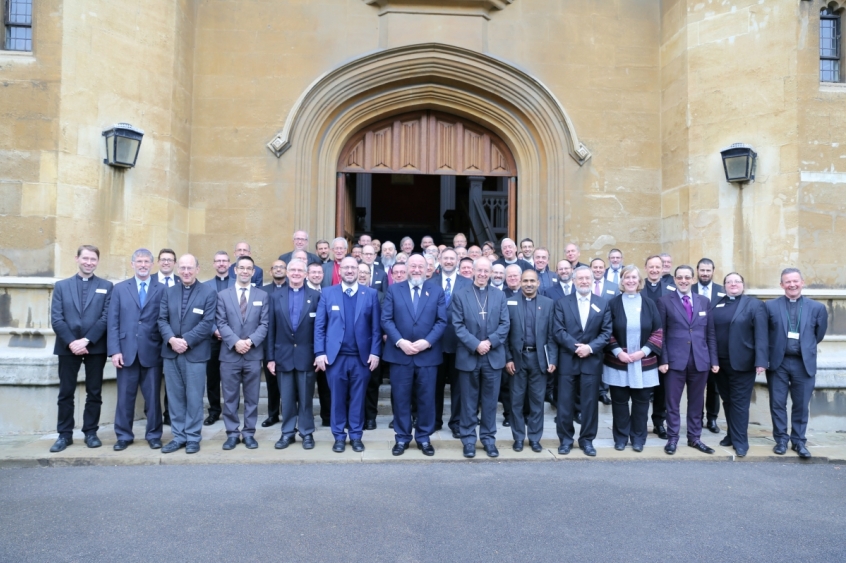Rabbis and Church of England priests will be urged to work together after a joint Christian-Jewish project was launched at Lambeth Palace on Monday.
The Archbishop of Canterbury spoke alongside the Chief Rabbi on the importance of faith groups in what he described as a "time of particular uncertainty". Justin Welby said despite the Church's past history of antisemitism it should work with Jewish leaders to make "a substantial contribution to the debate around our shared values in this country".

'In Good Faith' pairs rabbis and vicars to discuss shared difficulties and to work together on social action projects.
Welby acknowledged the CofE has "its own history of intolerance and deep-seated antisemism". But, he added, "we have to own that history".
He said his major theme next year would be to emphasise that "we find our values in this country within the Judeo-Christian tradition, whether we are believers or not".
He added: "As members of the Jewish and Christian communities, it is imperative that we remind the nation that our values have not emerged within a secular vacuum; but from the resilient and eternal structure of our Judeo-Christian theological, philosophical and ethical heritage."
He went on: "Our understanding of the rights and responsibilities that flow from our God-given inheritance as human beings, enable us – Jewish and Christian communities together – to be powerful and compelling advocates for freedom in British society."

The Chief Rabbi Ephraim Mirvis said he did not want "there to be 'elephants' in the room" as Christians and Jews discussed differences. "If there are issues that we might differ about, let's air them, let's hear what others have to say because it is only with constructive and friendly communication that we have a chance to get on well together and to establish unity and peace."
He added: "The most important part of today is tomorrow. It is what will result as a consequence of our collaboration. Therefore I give this challenge to you: don't just reflect in the future on what a lovely day this was in Lambeth Palace.
"The strength of what we are doing is to encourage us all to work together to guarantee that the outstanding relationships that we have at leadership level will trickle down to the grassroots within our communities, so that indeed as faith leaders, we will make a change in this challenging world of ours."













